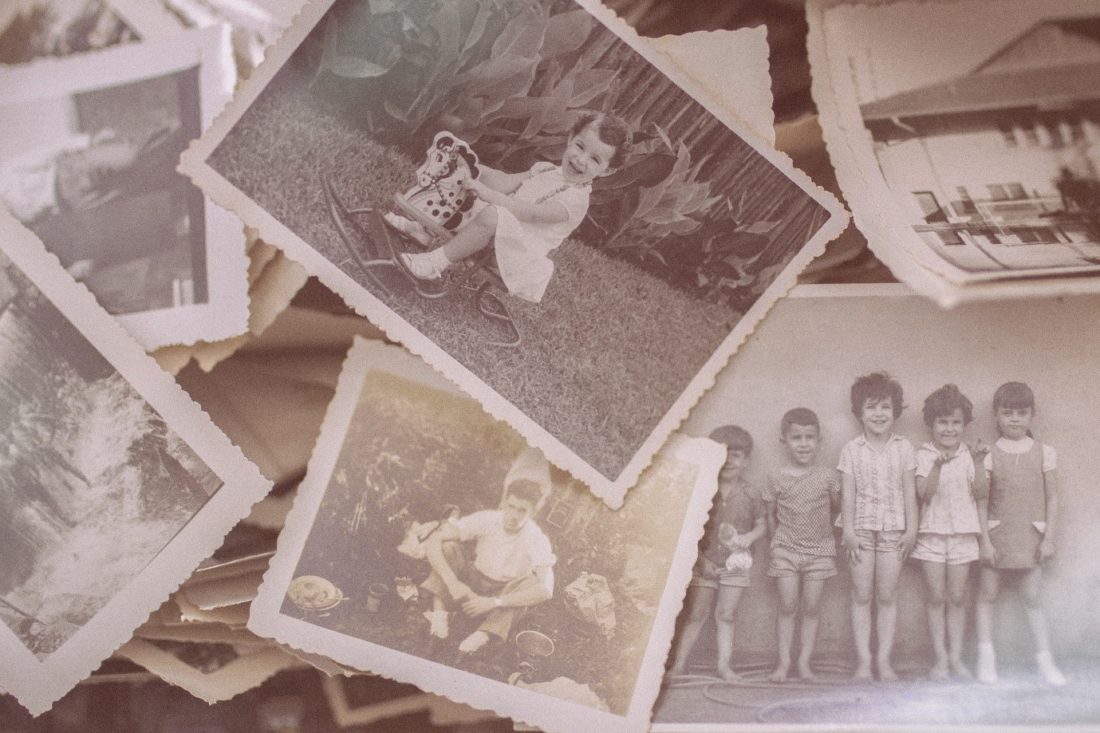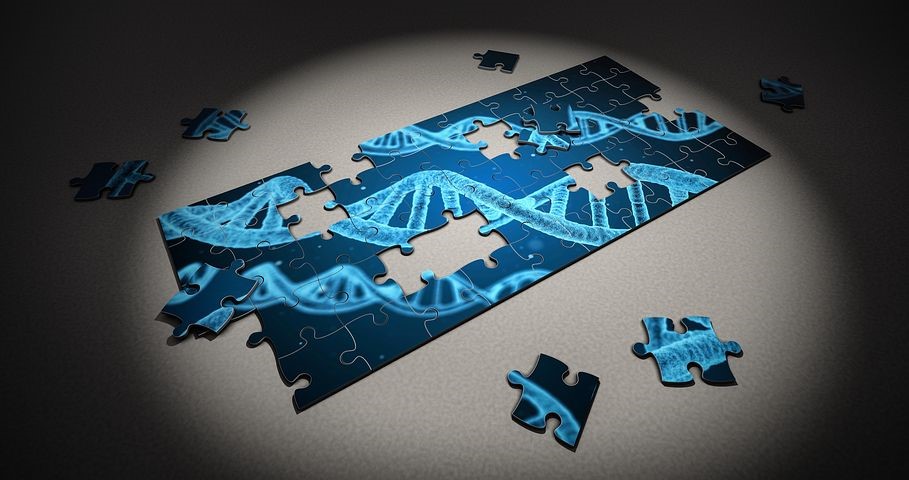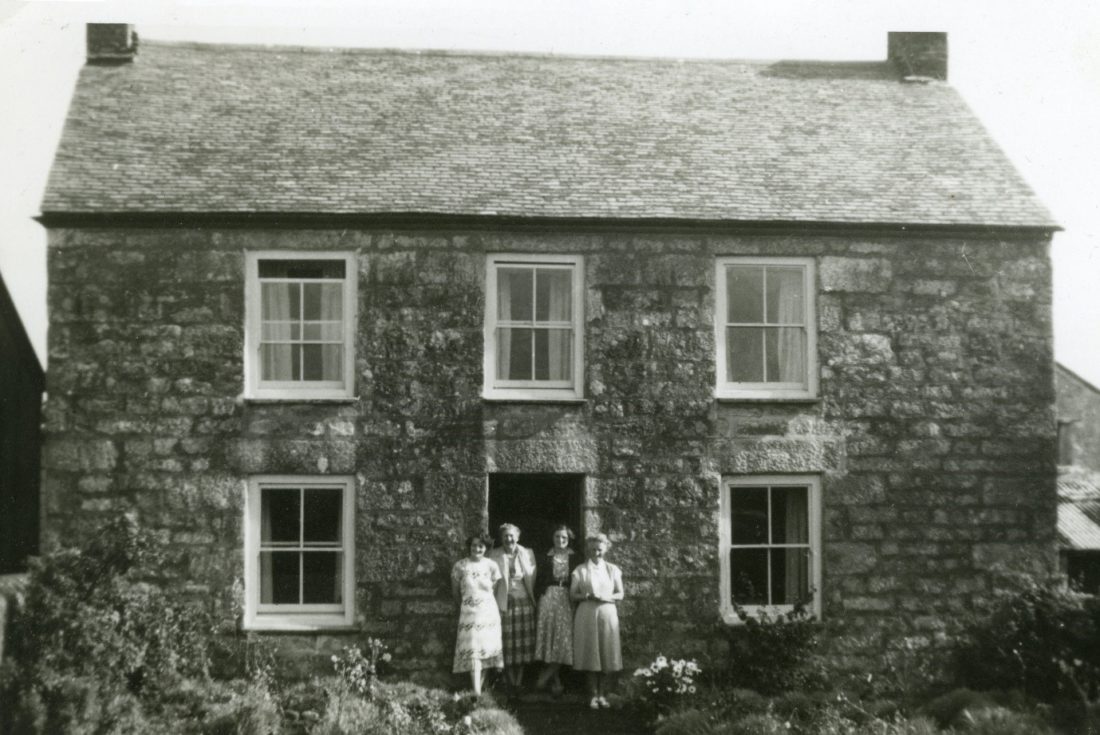Researching your family tree is exciting. Doing the detective work, solving puzzles and mysteries is like a treasure hunt. But the real gold in researching your ancestral heritage is feeling close to those who have come before you. It is finding the personal stories that bring your ancestors’ stories to life. Finding things that you have in common with your ancestors; shared hobbies, similar employment, tragedies, or achievements is a magical feeling. The way his stories, her stories, and your stories intertwine, like threads in a tapestry, is where your family history begins to seem so real and relevant.

Picture credit: Rodolfo Clix from Pexels
However you choose to begin tracing your family tree and whatever stage you are at in your research there are a few methods that can help you get close to your ancestors in a more personal way. These include:
- Finding and talking to relatives – when you start your research the best place to begin is by talking to the relatives you already know. Asking questions that can help stir up memories, taking plenty of notes, and, most importantly, by enjoying the conversations and where they lead. Once you have spoken to all the relatives you are able to, you might feel a bit stuck. However, this is where an ancestral DNA test will open up a world of new possibilities for you. By matching your DNA with others on their database (depending on which company you use this can be from a pool of up to 15 million people) you will find more relatives who you can contact and connect with. You might even be lucky enough to find a relative who has done substantial family tree research themselves. But even if you don’t hit that particular jackpot you will still have a whole new pool of people to interview and get to know.
 Picture Credit: qimono from Pixabay
Picture Credit: qimono from Pixabay
- Old Newspapers – these are an excellent source to gain insights into the real lives of your ancestors. In the past newspapers, particularly local ones had more details about people’s everyday lives. These days when people share so many details of their lives on social media the idea that personal information was instead shared via print is easy to overlook. Particular gold mines are obituaries that often give an intimate portrait of a person’s life.

Picture Credit: Suzy Hazlewood from Pexels
- Visit places where they lived – whether you can trace your ancestors to a particular dwelling, or whether you have a vaguer idea of where they were from, taking a trip to that place will give you a sense of your past relatives in sometimes surprisingly emotive ways. Looking on the land they worked, or the house they lived in, visiting the place they were born, or their final resting place can give you a real sense of connection. It is also an opportunity to meet local people, some of whom may know of your ancestors, maybe even their descendants.

Picture Credit: Brett Jordan for Pexels
- Social Media groups and Genealogy forums – these are another potential source of gathering that all-important personal information. Perhaps you will find someone who is researching on the same ancestral trail as you but didn’t show up in your DNA database because they used a different company. Perhaps they are researching your family but are not a blood relative and therefore don’t register as a DNA match (there can be plenty of reasons for this, adoption and marriage for example).







